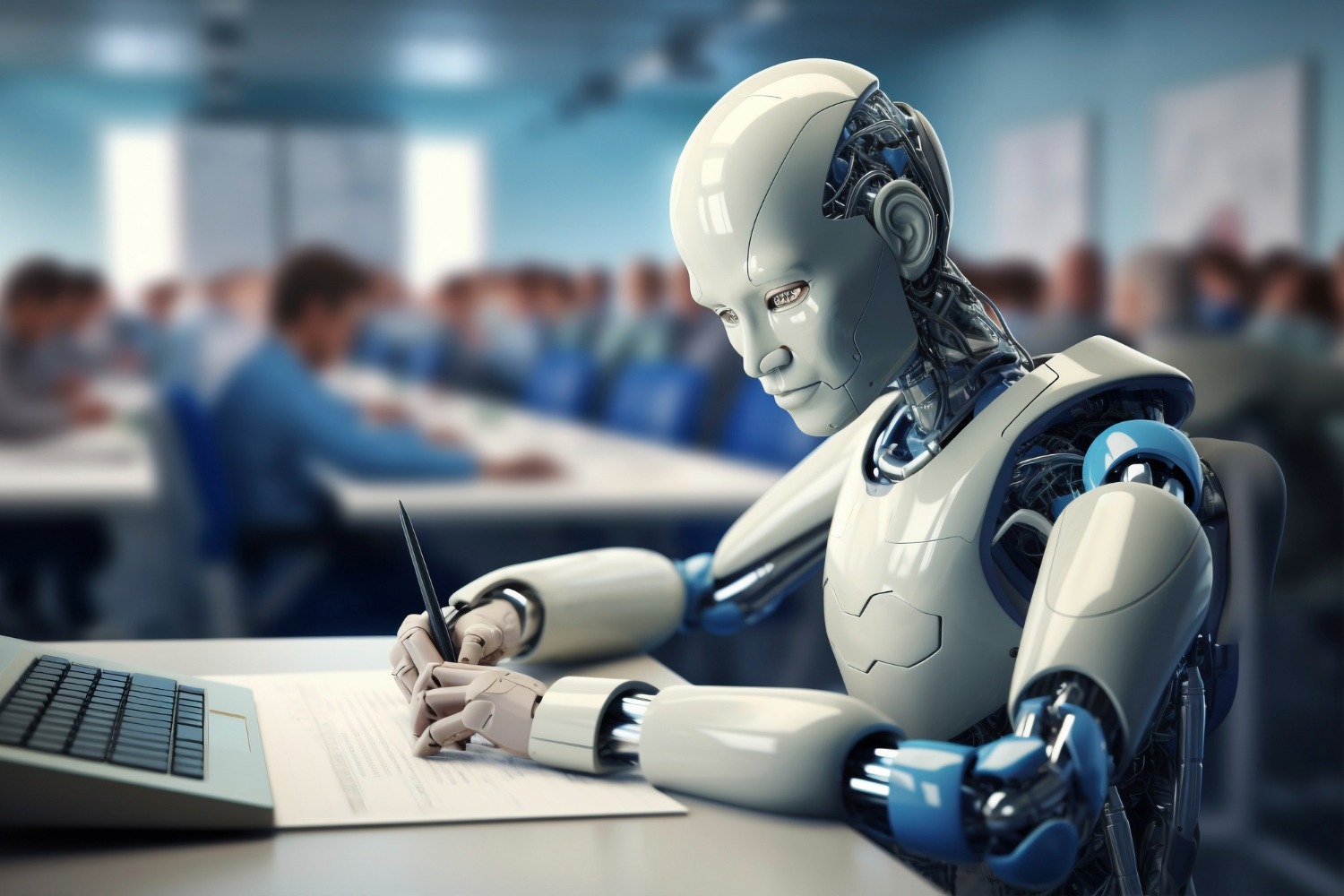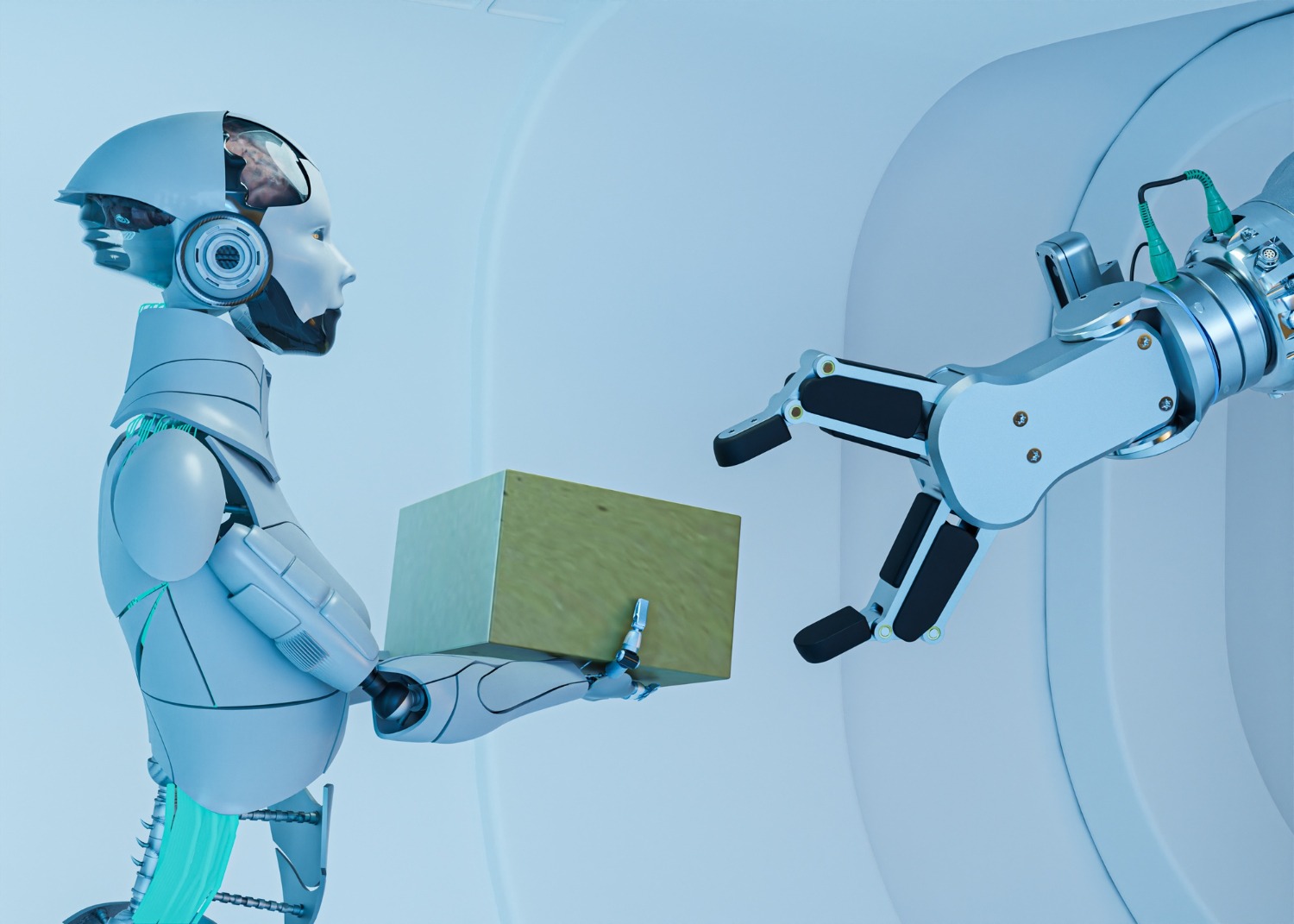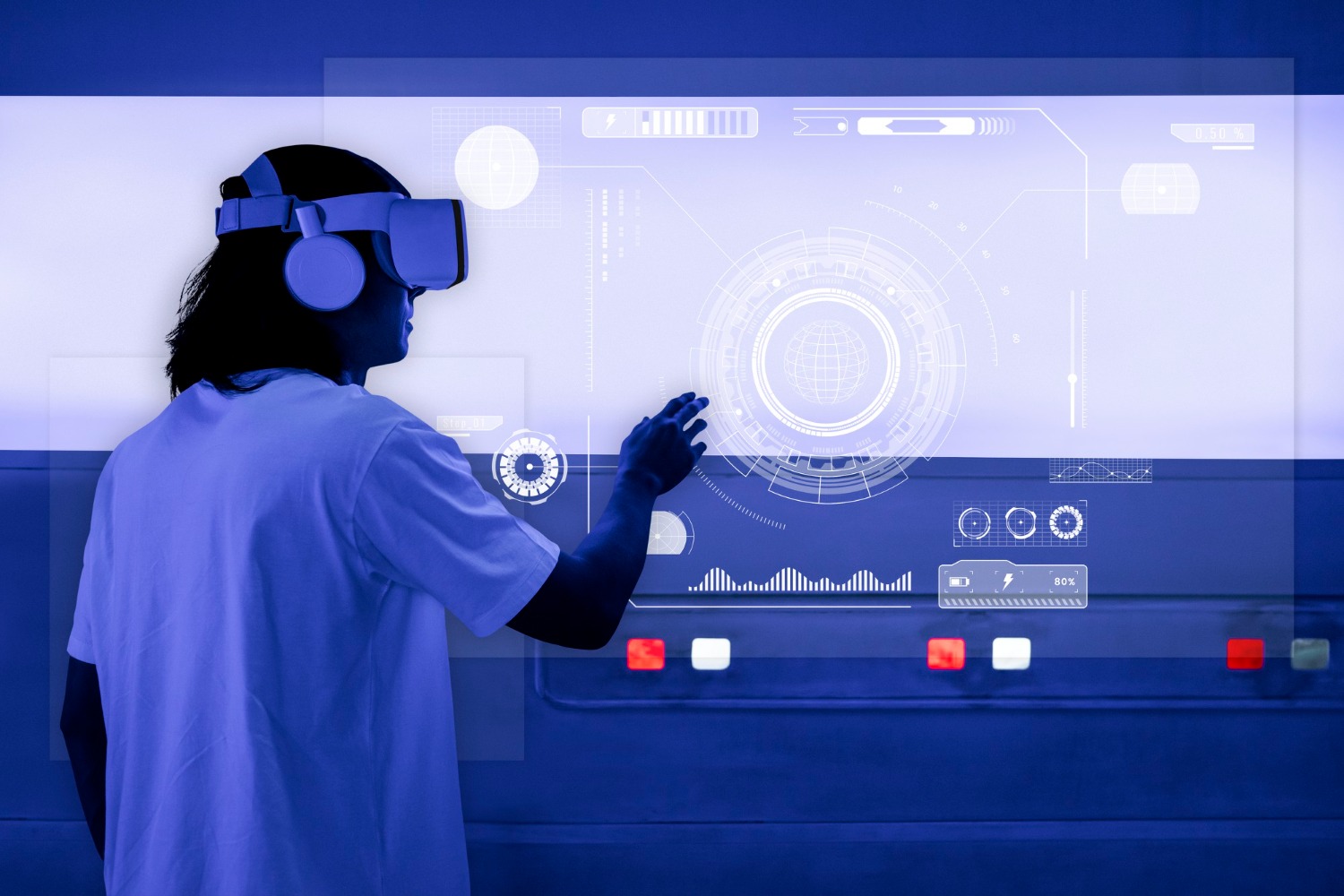How AI is Revolutionizing Everyday Activities
Artificial Intelligence (AI) has become an integral part of our daily lives, shaping how we interact with technology and the world around us. By 2025, AI will further embed itself into various aspects of society, streamlining tasks, enhancing convenience, and improving quality of life.
From personalized services to sustainable living, the following AI trends are set to simplify and enrich our lives like never before.
1. AI-Powered Personal Assistants
Virtual assistants are becoming smarter and more capable with advancements in natural language processing (NLP) and machine learning. By 2025, AI personal assistants will:
- Understand Context and Emotions: AI systems will detect emotional nuances in conversations, enabling more empathetic interactions.
- Automate Daily Tasks: From managing schedules to ordering groceries, AI will handle mundane tasks, freeing up time for more meaningful activities.
- Multi-Language Fluency: Improved language capabilities will allow AI assistants to communicate seamlessly in multiple languages, breaking down barriers in global interactions.
This evolution will make personal assistants indispensable, offering convenience and efficiency across diverse domains.
2. Personalized Health and Wellness
AI is revolutionizing healthcare by offering personalized solutions tailored to individual needs. Key advancements include:
- Predictive Health Monitoring: Wearable devices integrated with AI will track vital signs in real-time, predicting potential health issues before they arise.
- Personalized Nutrition Plans: AI-driven apps will create meal plans based on genetic data, lifestyle habits, and health goals.
- Mental Health Support: Virtual therapists powered by AI will provide 24/7 support, offering cognitive behavioral therapy (CBT) techniques and stress management tips.
These innovations will empower individuals to take charge of their health while improving access to medical support.
3. Smart Home Automation
The concept of smart homes is evolving into intelligent ecosystems, where AI optimizes every aspect of daily living. By 2025, smart homes will feature:
- Predictive Energy Management: AI will analyze energy consumption patterns to optimize usage and reduce utility costs.
- Enhanced Home Security: AI-enabled cameras and sensors will identify potential threats and alert homeowners in real-time.
- Personalized Environments: Homes will automatically adjust lighting, temperature, and ambiance based on individual preferences and routines.
These advancements will make homes more comfortable, secure, and environmentally friendly.
4. AI in Transportation
AI is transforming how we move from one place to another, making transportation safer, faster, and more efficient. Key trends include:
- Autonomous Vehicles: Self-driving cars equipped with advanced AI systems will navigate complex traffic scenarios, reducing accidents and travel time.
- AI-Optimized Public Transit: Smart algorithms will optimize routes and schedules for buses, trains, and ride-sharing services, improving commuter experiences.
- Traffic Management: AI will predict and manage traffic flow, reducing congestion and minimizing delays.
These innovations will redefine mobility, offering convenience and sustainability.
5. AI-Enhanced Education
Education is being revolutionized by AI, creating personalized learning experiences and improving accessibility. By 2025, AI in education will feature:
- Adaptive Learning Platforms: AI-driven systems will adjust course material and teaching methods based on individual student performance and learning styles.
- Virtual Tutors: Intelligent tutors will provide real-time feedback and guidance, helping students grasp complex concepts.
- Language Learning: AI-powered tools will offer immersive language experiences through voice recognition and real-time translation.
These advancements will democratize education, making it more effective and inclusive.
6. AI-Driven Sustainability
AI is playing a critical role in addressing environmental challenges and promoting sustainable living. Key developments include:
- Smart Agriculture: AI systems will optimize irrigation, pest control, and crop yield predictions, reducing waste and enhancing productivity.
- Energy Optimization: AI will improve renewable energy integration, manage power grids, and reduce carbon footprints.
- Waste Management: AI-powered robots and systems will sort and recycle waste more efficiently, contributing to cleaner environments.
These trends will enable individuals and communities to live more sustainably while preserving natural resources.
7. Enhanced Entertainment Experiences
The entertainment industry is leveraging AI to offer immersive and personalized content. By 2025, AI in entertainment will include:
- Personalized Recommendations: Streaming platforms will use AI to curate content based on user preferences, creating unique viewing experiences.
- Interactive Gaming: AI-driven non-player characters (NPCs) will adapt to player actions, offering dynamic and engaging gameplay.
- Content Creation: AI will assist in producing movies, music, and art, democratizing creative expression.
These innovations will transform entertainment into a highly customized and engaging experience.

8. Seamless E-Commerce Experiences
E-commerce platforms are becoming smarter, offering seamless shopping experiences powered by AI. Key trends include:
- Visual Search: Shoppers will find products by uploading images, making searches more intuitive.
- AI Chatbots: Advanced chatbots will assist customers with inquiries, offering personalized product suggestions and resolving issues instantly.
- Predictive Inventory Management: AI will optimize stock levels, ensuring products are always available when needed.
These improvements will make online shopping faster, easier, and more satisfying.
9. Ethical AI and Governance
As AI becomes more pervasive, ensuring ethical use and governance will be a top priority. By 2025, advancements in this area will include:
- Bias Mitigation: Tools to identify and eliminate bias in AI systems, promoting fairness.
- Transparent Algorithms: Explainable AI will provide insights into decision-making processes, building trust with users.
- Regulatory Compliance: Governments and organizations will establish frameworks to ensure responsible AI use.
These measures will ensure that AI benefits society while addressing potential risks.
Conclusion
By 2025, AI will touch every facet of our lives, simplifying tasks, enhancing experiences, and promoting sustainability. From healthcare to education, transportation to entertainment, the innovations in AI will create a more connected, efficient, and equitable world. While challenges remain, the transformative potential of AI is undeniable, promising a brighter and smarter future for all.




